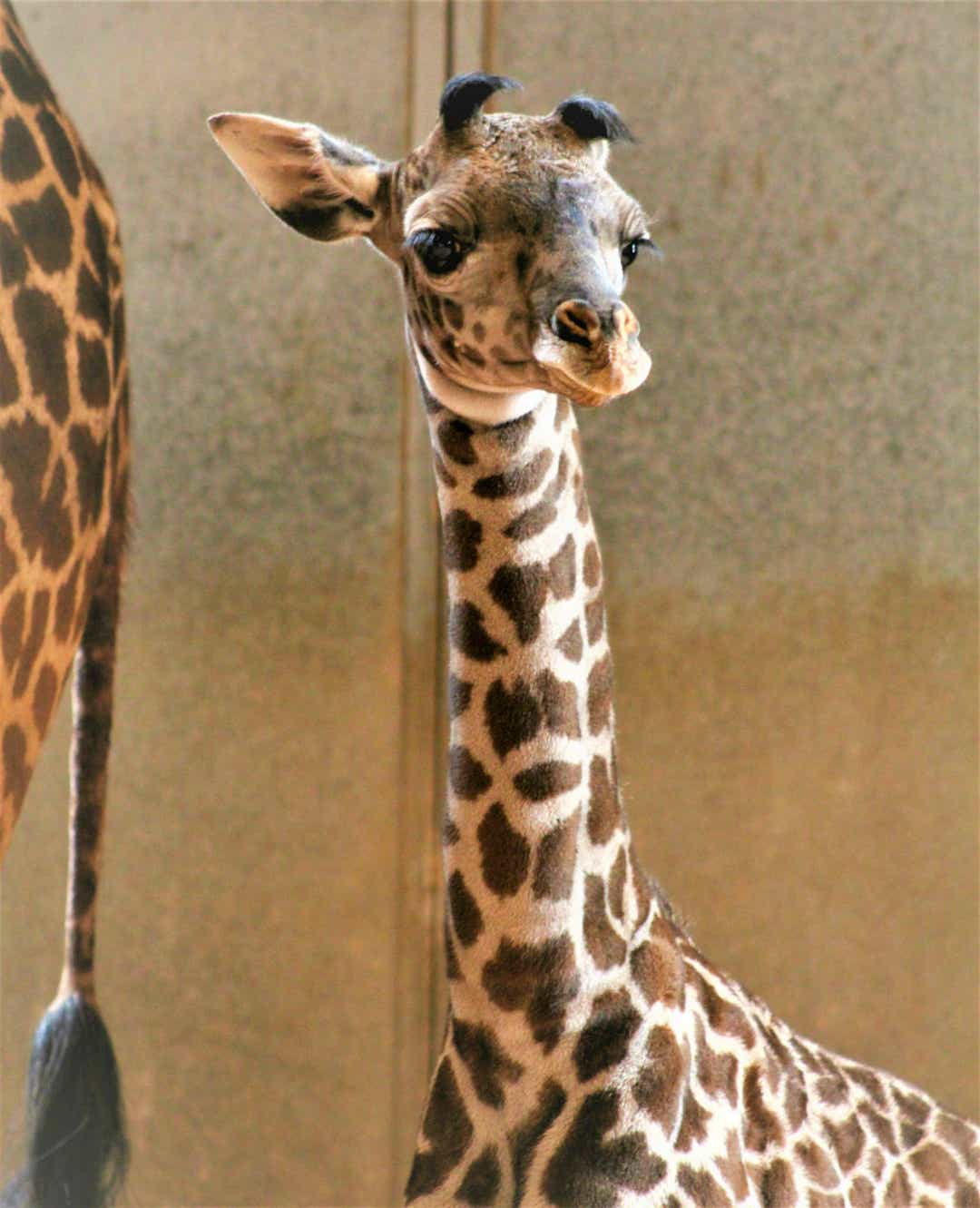Published by: Usa Today/ Robin Ganzert
https://eu.usatoday.com/story/opinion/2019/05/11/zoos-aquariums-can-help-save-one-million-species-extinction-column/1152477001/
Roughly 1 million plant and animal species are at risk of extinction, according to a recent United Nations assessment. As animals find it increasingly difficult to live in the wild, it’s important to leverage the power of zoos and aquariums to protect animals and restore endangered species, even as some activists seek to dismantle these arks of hope.
The U.N. report paints a bleak picture — earth is becoming increasingly inhospitable thanks to irresponsible land and water use, climate change, pollution and other man-made causes.
Right now, zoos and aquariums should be rallying points for conservationists. Unfortunately, between 2007 and 2017, nearly a quarter of Americans became more opposed to zoos and aquariums, according to a YouGov poll.
And an activist group called Empty The Tanks is hosting a global series of aquarium protests Saturday demanding that all aquatic mammals be released into the sea. These so-called activists apparently aren’t concerned with saving animal lives. The U.N. report revealed that more than a third of marine mammals are at risk of extinction.

Read more commentary:
From almond milk to veggie burgers, does anyone really have trouble knowing what these products are?
Donald Trump doesn’t have a dog or a sense of humor. Presidents need both.
Zoos and aquariums are tools by which we can preserve animal life while habitats are threatened. A child born today who reaches 80 years of age will live to see half of the world’s current species become extinct, according to Elizabeth Kolbert, author of “The Six Extinction: An Unnatural History.”
Countless species are threatened by human activities such as pollution, overhunting, overfishing and habitat destruction.
Managing the threat of extinction

Last month, the U.S. Fish and Wildlife Service announced it would consider classifying the giraffe as an endangered species. That’s after wild giraffe populations fell by up to 40% over three decades. Giraffes may join the nearly 1,500 species of animals that are already considered endangered or threatened by the USFWS.
Fortunately, zoos are stepping up as sanctuaries for these iconic and beautiful animals. Giraffes living at Tanganyika Wildlife Park, located in Goddard, Kansas, have given birth to over 50 calves. That’s important to keeping the species alive.
Last month, we also learned that Halley Bay, home to the world’s second-largest colony of emperor penguins, just finished its third year of almost total breeding failure, according to a study in Antarctic Science, a publication of the Cambridge University Press.

But not all activists see it that way. SeaWorld Orlando is one of the locations where Empty The Tanks is organizing a protest this week.
Zoos, aquariums are arks of hope
In light of the U.N. report, it’s time for activists, ordinary folks, politicians and every one in between to rally behind zoos and aquariums that act as modern arks of hope for many species, like penguins and giraffes.
Obviously, whenever animals live in human care, there can be bad actors. That’s why we at American Humane launched the first-ever, independent, science-based, genuinely third-party humane certification program focused on animals in zoos and aquariums. We wanted families to know that the zoos and aquariums they visit are doing right by the animals in their care.
In fact, both Seaworld and Taganyika Wildlife Park have received certification from American Humane. Through a vigorous evaluation process, they are recognized by our organization as facilities with exceptional standards for the humane treatment of the animals in their care.
The sixth mass extinction of animal and plant life on earth is accelerating, making it necessary to involve people in the conservation of earth’s animals. Animals like penguins and giraffes are counting on us. For their sake, we need to support facilities that protect animal life against harsh environments.
Robin Ganzert is the president and CEO of American Humane. You can follow her on Twitter: @RobinGanzert.










